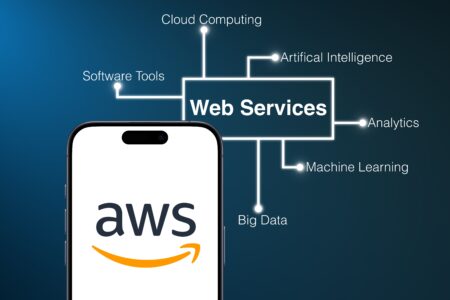Despite the many challenges of 2020, CFOs are optimistic for the near future and are looking at ways to modernize their finance operations. The majority of over 200 CFOs and senior finance executives feel hopeful about the future and anticipate growth in 2021, according to a recent survey from CFO Research.
These companies are finding ways to adapt to the evolving needs of a post-pandemic world, as almost eight out of ten in the survey have already begun to accelerate initiatives for digital transformation while also adding solutions powered with the help of AI technology. Research also indicates how CFOs finding ways to focus on digital adoptions while also using key trends to influence tech adoption in finance.
CFOs Role in Digital Transformation
A CFO must continue to play an ever-increasing role in the implementation and decision-making process for digital solutions. Many CFO’s are now taking on duties for digital transformation projects instead of CEOs or chief information offices. These duties are often wide-ranging, such as identifying potential solutions while also evaluating, choosing, and implementing digital solutions. CFOs are now often relied on to deliver real-time data to CEOs and board members due to the impact of Covid-19.
CFOs are also building out modern finance teams to provide additional support to their digital efforts. The need for tech-savvy team members continues to expand, as employing analytics and improving tech skills is a top priority for finance teams. Most CFOs are placing a greater emphasis on finding new talent with a background in digital skills or data management instead of solely focusing on finance or accounting skills.
How Technology Benefits Finance Teams
The increasing use of tech tools by end-users in finances offers a variety of benefits. These advantages include minimizing manual and time-consuming tasks to help boost efficiency through automation. Using automation is also beneficial in supporting business continuity plans during times of crisis.
Finding ways to reduce manual tasks is a top priority, as many finance teams struggle with expense auditing and AI-based invoice processing. According to the survey, only 41% of companies automate and extract data from invoices, while 44% of businesses take at least seven or more days to process an invoice.
Many of the surveyed executives express regret for not investing more money in technology over the past five years, whether it’s robotic process automation, advanced analytics, blockchain, or AI. While missing out on these opportunities is costly, most executives are now focusing on new investments in technology, such as AP automation.
Reasons for Optimism
One of the top reasons for optimism in 2021, according to the survey, is the early adoption of AI and AP automation. These businesses can now focus on taking advantage of these technologies, such as investing in advanced analytics, AP intelligence, or automation.
Early adopters of these tech changes will reap the many advantages from their initial investments in digital transformation, whether it’s improving decision-making agility, minimizing costs, and optimizing cash flow. This gap will only continue to further widen with other companies that are late to adapt to this technology. Over time, this will deliver significant competitive advantages to businesses with a tech-savvy CFO.
Closing Thoughts
AP automation will only continue to play a vital role in today’s work environment. Businesses that choose to adapt to this technology can fully take advantage of AP automation. Always making payments on time, minimizing employee errors, automating various tasks, and processing invoices are only a few of the top ways that AP automation can make a positive impact in the workplace. Now is one of the best times for your business to consider investing in AP automation technology.






